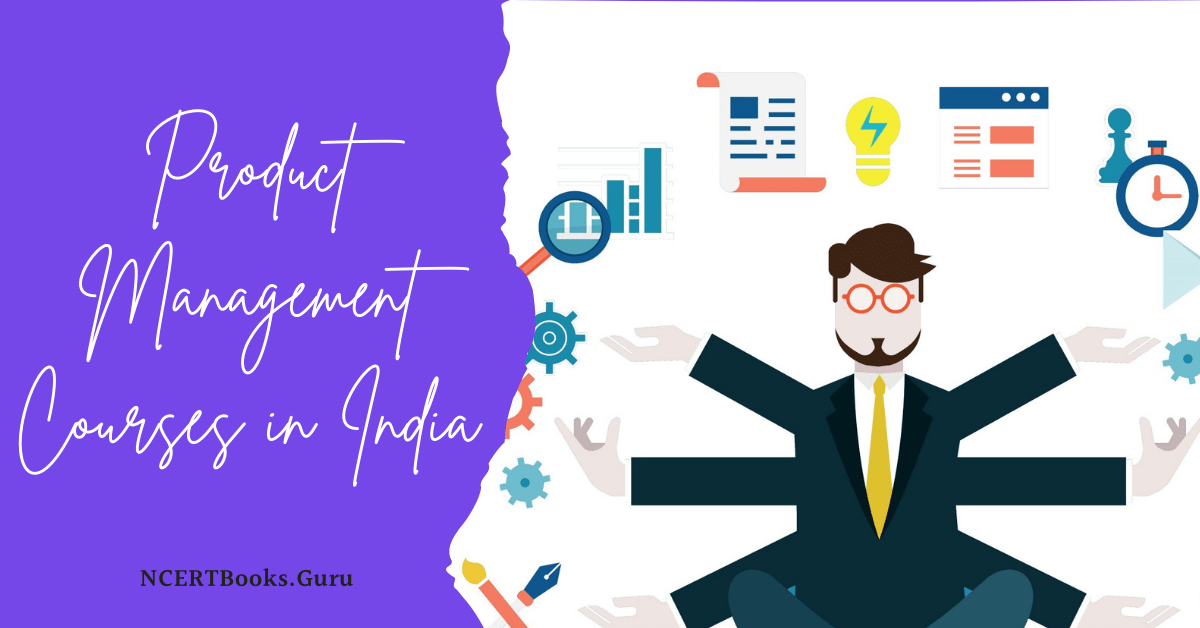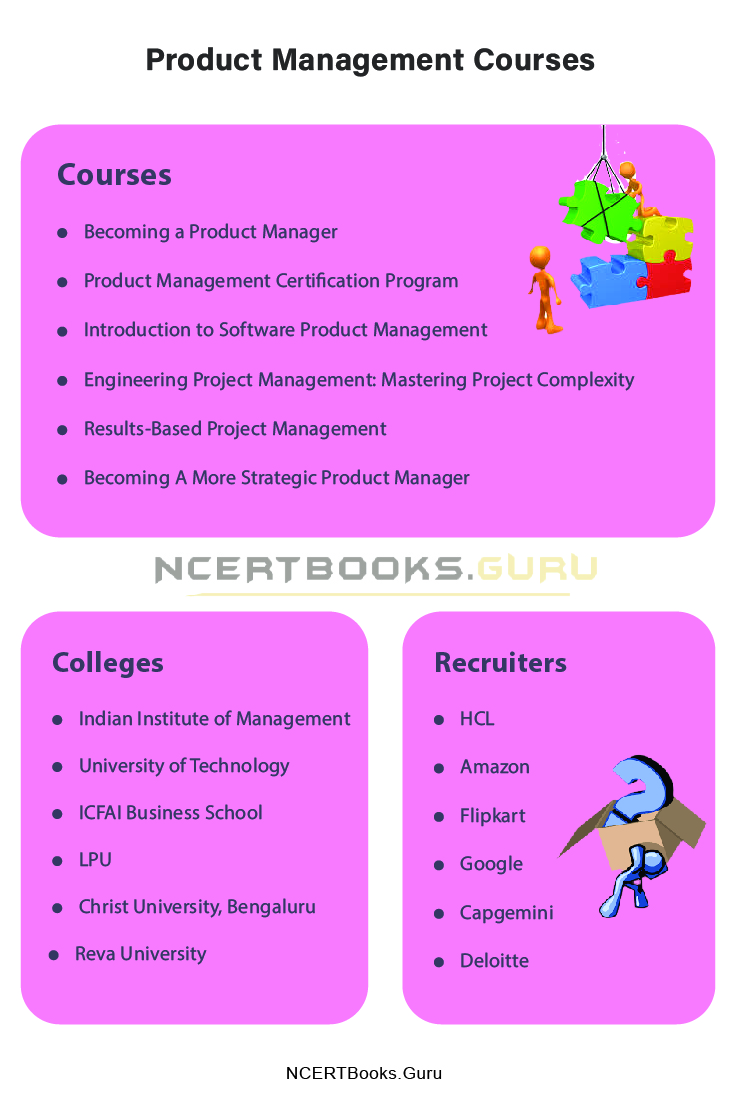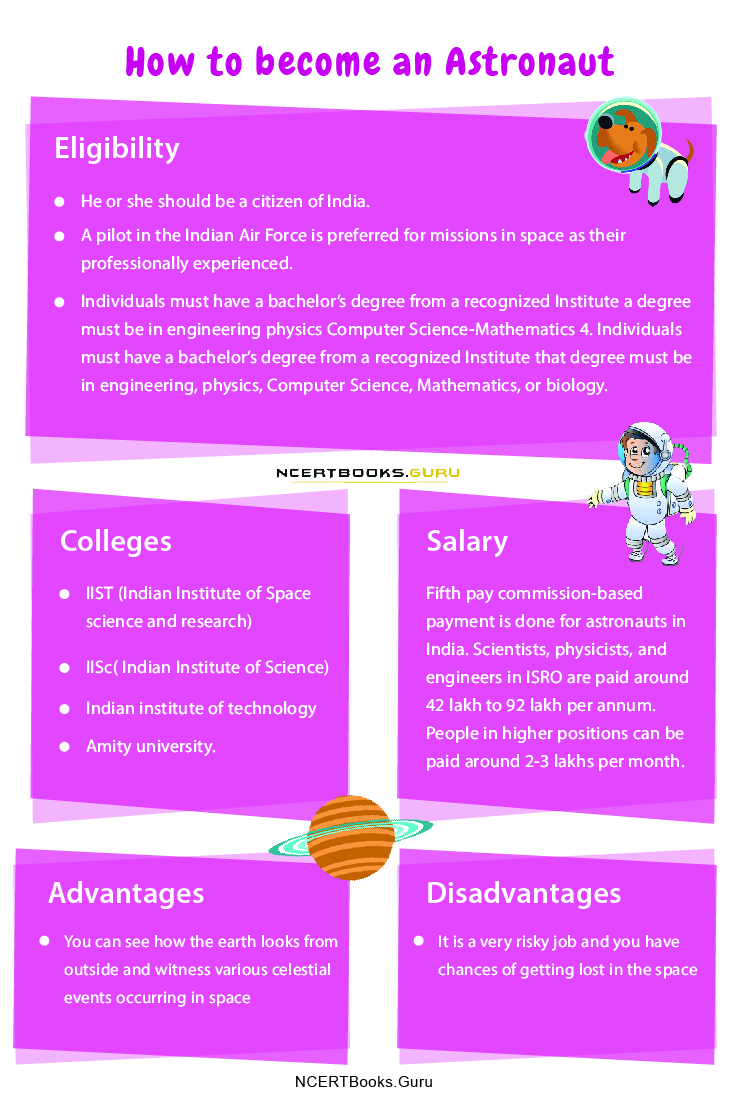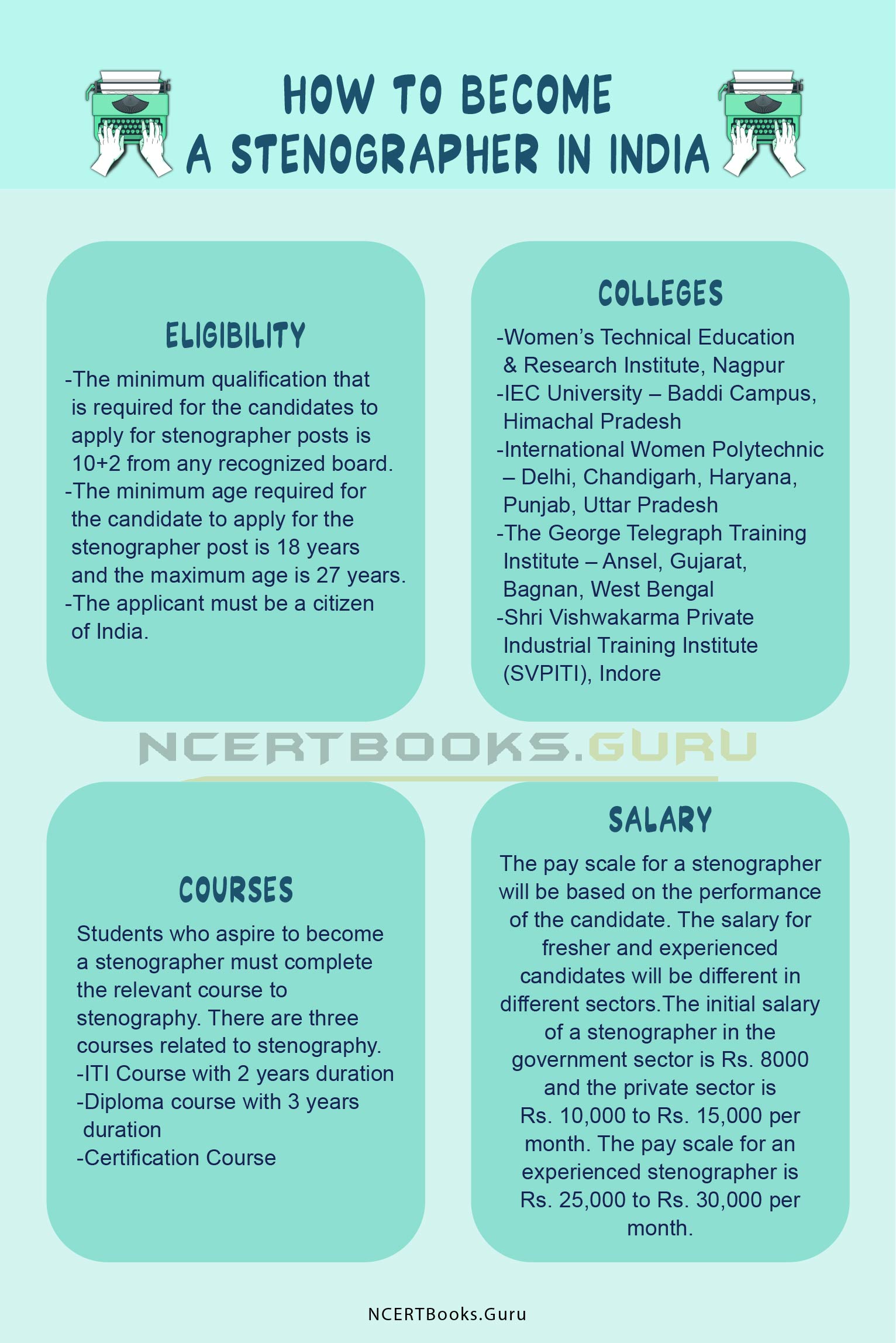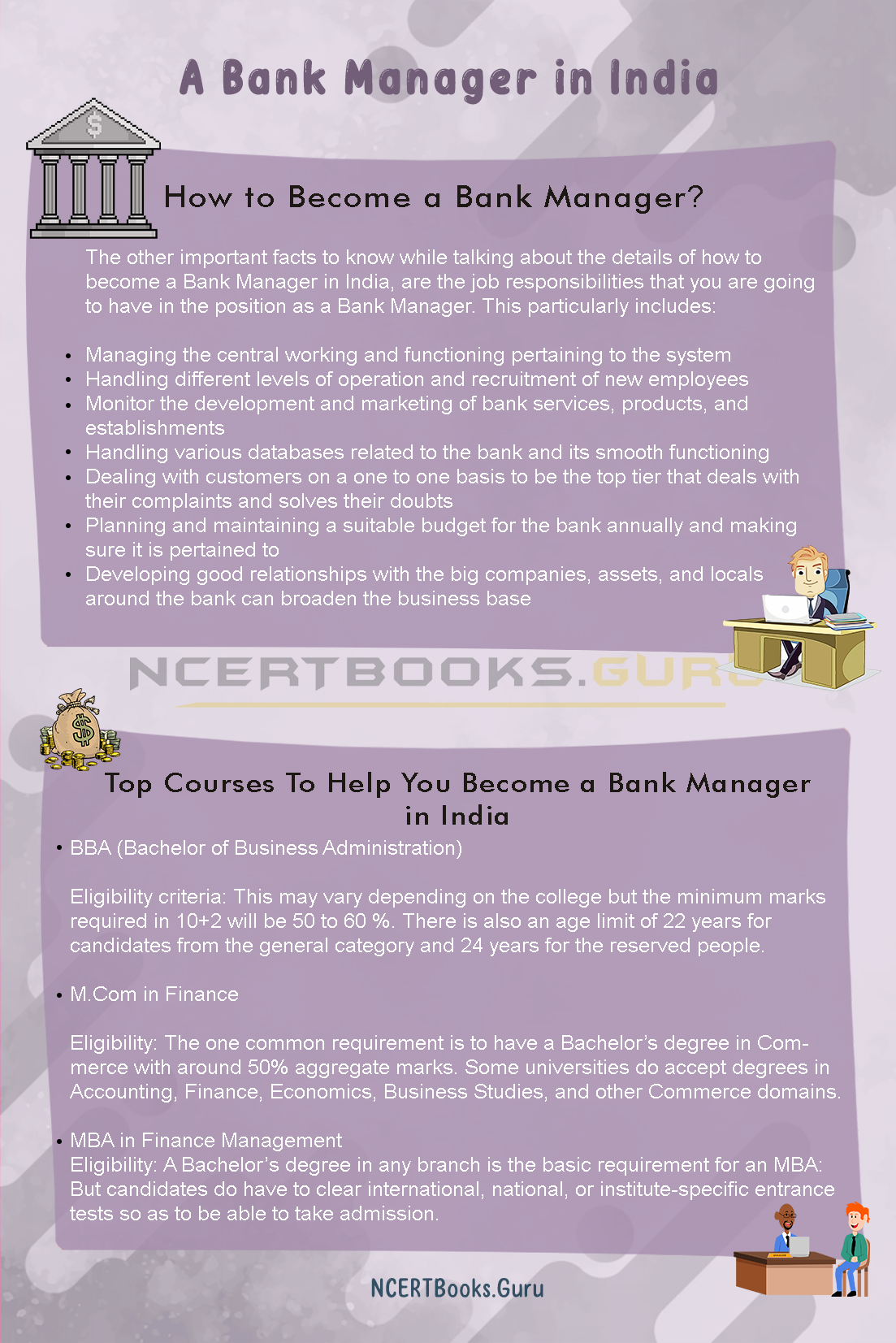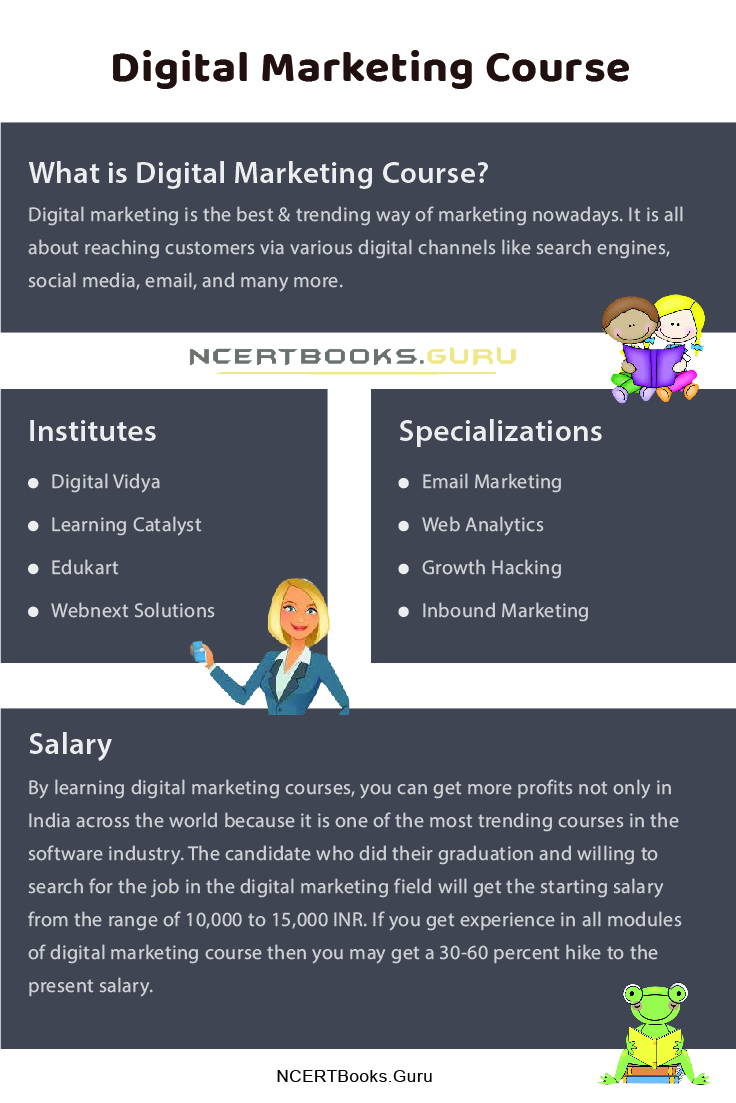In today’s data-driven world where the decisions are taken based on technology and software across industries, academic institutions, and government organizations, the need for software engineers from the right college at the right time is ever-increasing and the one with the right competency in the field of software engineering will have high demand in the job market.
In this particular article on software engineering courses after 10th, we are going to answer the basic tenets, which are the why, what, where, and when related to the software engineering courses after 10th. These 4ws are the most common questions that will be on the minds of aspirants after their 10th standard.
Well, there are plenty of options for students wanting to do software engineering courses after the 10th standard, not all courses are generalist under-designed for everybody. Certain courses are highly subject-specific or industry-specific that will teach students much specific software but there are other generalist courses such as bachelor’s in Engineering or a diploma in Engineering that are going to teach the fundamentals of software engineering and not any particular technology-specific curriculum.
Before jumping to the different software engineering courses that one can do after their 10th standard, let us understand the importance of software engineering courses after the 10th standard.
- What is the Importance of Software Engineering Courses after the 10th Standard?
- What are the Software Engineering Courses after the 10th?
- Diploma in Computer Science Engineering
- Software Engineering Courses after 10th Eligibility Criteria
- How to Become a Software Engineer after the 10th?
- Software Engineering Courses after 10th Colleges List
- How to Become a Software Engineer after the 10th?
- Software Engineering Courses after 10th Colleges List
- Software Engineering Courses after 10th Syllabus & Course Structure
- Software Engineering Courses after 10th Scope & Career Opportunities
- Should I directly do a software engineering course after my 10th standard or do a BTech?
- How much salary will I get after pursuing a software engineering course after the 10th?
- Which is the top college in India to pursue software engineering?
- How much will it cost me to pursue a software engineering course after the 10th standard?
What is the Importance of Software Engineering Courses after the 10th Standard?
A degree or certification in the field of software engineering is a sure shot way to get into a job in India because India is one of the biggest IT services exporters in the world and is home to some of the big players in the world in the field artificial Intelligence, Machine Learning and IT and IT related services.
The career growth in the field of development, coding, and other software engineering-related fields at established firms will be at a much faster pace in comparison with other industries such as the pharmaceutical, automobile, or retail Industries.
The software engineering industry is one of the few industries which provide opportunities for Indians to work abroad and in developed nations such as the United States of America, the United Kingdom, the Nordic Nations, Australia, and other developed countries in the Asia Pacific region. This aspect attracts one to pursue a course in software engineering-related fields because of the opportunities to work in different countries and experience different cultures and ethnicity.
The software industry in India is one of the largest contributors to the service economy of the country and contributes more than 5% of the annual gross domestic product (GDP) of the country.
Given the nature and the magnitude of importance of this industry to the economic engine of the nation, there are plenty of incentives that the central government and various state governments provide software companies to establish their business in the countries as a result of which software industries one of the highest employers in the country and company such as Tata Consultancy Services, Infosys, Accenture or Tech Mahindra hire students right out of college. This company provides employment opportunities and career growth for the population.
Now that we have understood the importance of software engineering and the software industry in general, let us now address the elephant in the house as to which are the software engineering courses that one can do right after 10th so that they can become a software engineer and get into the industry to get hands-on experience as soon as possible.
What are the Software Engineering Courses after the 10th?
The below-mentioned courses are some of the most popular ones that students usually opt for to become software engineers right after their 10th standard examination. One should note that these courses can be a mix of certification courses and full-fledged diplomas and degree courses. Irrespective of the nature of the course and the certifying or recognized Education Board, the demand it creates and the knowledge that it imparts to students is more or less the same across the board?
Diploma in Computer Science Engineering
Diploma courses after the 10th standard to become a software engineer is one of the easiest and most popular ways in our country. There are plenty of diploma courses in the field of software engineering such as
- Diploma in Computer Science Engineering
- Diploma in advanced computer applications
- Diploma in computer applications
- Diploma in Information Technology
- Diploma in information science
- Diploma in software engineering etc
The reason people opt for diploma courses is that a diploma certificate is valued by recruiters and it will create some kind of valid position for the candidate in the job market if he or she has a diploma in any of the above-mentioned courses. Institutes such as Mumbai University has a greater brand value for their students and the same in the job market will be much higher than their counterparts from another tier 2 and 3 colleges.
The diploma courses mentioned above can be done directly after passing the 10th standard. However, if one has ambitions of pursuing software engineering courses in any of the top engineering institutes in the country such as the IIT and the NITs, one has to undergo a + 2 or class 12 with the main subject such as physics, chemistry, and mathematics to pursue bachelors and Technology, bachelors in Engineering or bachelors in the science at the top engineering and science institutes of India
After undergoing an undergraduate course, one can offer and aim to pursue a postgraduate course both in Diploma and master such as MTech, or MSc or PG diploma in computer applications, PG diploma in software engineering, PG diploma in information technology, etc.
Software Engineering Courses after 10th Eligibility Criteria
Below are the eligibility criteria for a student to pursue a software engineering course after 10th in the Diploma route.
- The candidate should have cleared his or her tenth standard from a recognized education board in India.
- The candidate should have secured a minimum of 50% aggregate in his or her tenth standard.
- In at least one of the subjects in higher secondary, the candidate should be computer science a student, as expected by certain Universities and colleges in India. One should note that not all colleges have this criterion. This is mainly for Post Graduate Diploma in Software Engineering-related courses.
- The candidate should not have any backlog subjects in his or her 10th standard
- In case the candidate opts to pursue a software engineering course such as B.E or B.Tech, then he or she has to have a pass certificate of 12th standard from a recognized board in India.
How to Become a Software Engineer after the 10th?
One should also be aware that regular academic courses are not the only way that one can become a software engineer. Some of the engineers, developers, and coders who have changed the face of the industry are never graduates. It’s just the passion for the field that made them learn about software engineering on their own. The biggest and the most famous examples are Bill Gates and Mark Zuckerberg, both of whom built companies that revolutionized the world. Facebook and Microsoft are one of the few companies that have defined and changed the lifestyle of our society.
When we mention famous college dropouts, it would be unfair on our part to miss out on the legendary Steve Jobs. He is believed to have dropped out of his liberal arts school in Oregon, the United States of America, due to a lack of money. The tech company he built, Apple, is one of the richest and most successful companies in the world and it is the first company to have reached a valuation of a trillion dollars. So to sum up our point, mainstream courses that we have mentioned above will surely provide a gateway to starting your career as a software engineer, however, your competency, passion, interest, and knowledge in the field of software engineering are the most important thing to succeed in this field.
Hence, official education is not a sure shot way to become a great software engineer. There are many ways that one can become a software engineer right after their 10th standard, other than pursuing a course in a college, as defined by the education board.
New-age companies such as Tesla are hiring candidates solely on their competency and not on their educational background. Even if you don’t have a degree, if you are good at what you do, you can grow big in the field of software engineering.
Software Engineering Courses after 10th Colleges List
Top IITs in the country such as
- Indian Technology Bombay
- Indian Institute of Technology Chennai
- Indian Institute of Technology Kharagpur
- Indian Institute of Technology Kanpur or any of the top National Institute of Technology such as
- National Institute of Technology Karnataka
- National Institute of Technology Warangal
- National Institute of Technology Trichy
These top colleges in India provide some of the most world-class education to students in the field of software engineering and equip them to work in top software companies in the world such as Oracle, Google, and Facebook.
Must Refer:
Software Engineering Courses after 10th Syllabus & Course Structure
The syllabus and course structure for a software engineering course after the 10th standard depends on whether it is distance education or offline education, whether it’s a diploma course or bachelor’s course, whether it’s done in a private university or a public University etc. While we have not provided the detailed course structure for software engineering courses after the 10th standard, in this particular article we have provided below links that encompass the course structure and the subjects that are thought in software engineering courses after the 10th standard that a student can go through.
Software Engineering Courses after 10th Scope & Career Opportunities
India is known as the software and IT hub of the world cities like Bangalore is known as the silicon city and Hyderabad, Pune, and Chennai all have multinational companies in the field of information technology that are looking for quality software engineers.
The below points will some up the job scope of a software engineer who has completed his or her course.
- A software engineer who has done his diploma course after 10th standard could be placed in any of the top multinational IT companies in India such as Tata Consultancy Services, Infosys, Accenture, Capgemini Cognizant, et cetera
- A software engineer who has completed his or her bachelor’s and Technology or bachelor’s engineering may land up in any of the top European and American companies like Facebook, Amazon, Google, Twitter, or Tesla given that his knowledge and exposure to different technologies is at par with the expectations of these global companies.
- A software engineer who has a master’s degree in both Diploma and regular master’s can land up in any of the big companies not just in India but abroad with fat pay packages as per their competency and knowledge level
- It should also be well noted by students that the brand of the college that he or she is passing out from plays a crucial role in the kind of companies and the kind of career growth that you will have once you start working in the job market.
Based on the last 15 to 20 years’ historical data on the software industry’s growth in the country, we can say that the job market is abundant and one should not worry about the lack of vacancies in the field of software engineering after their graduation. One should only be concentrating on improving your knowledge and crack the right entrance examination and certifications to pump up your resume or curriculum vitae.
Now that we have an idea of the job market in software engineering and advanced technology field, let us understand which are the top colleges in the country to pursue a software engineering course
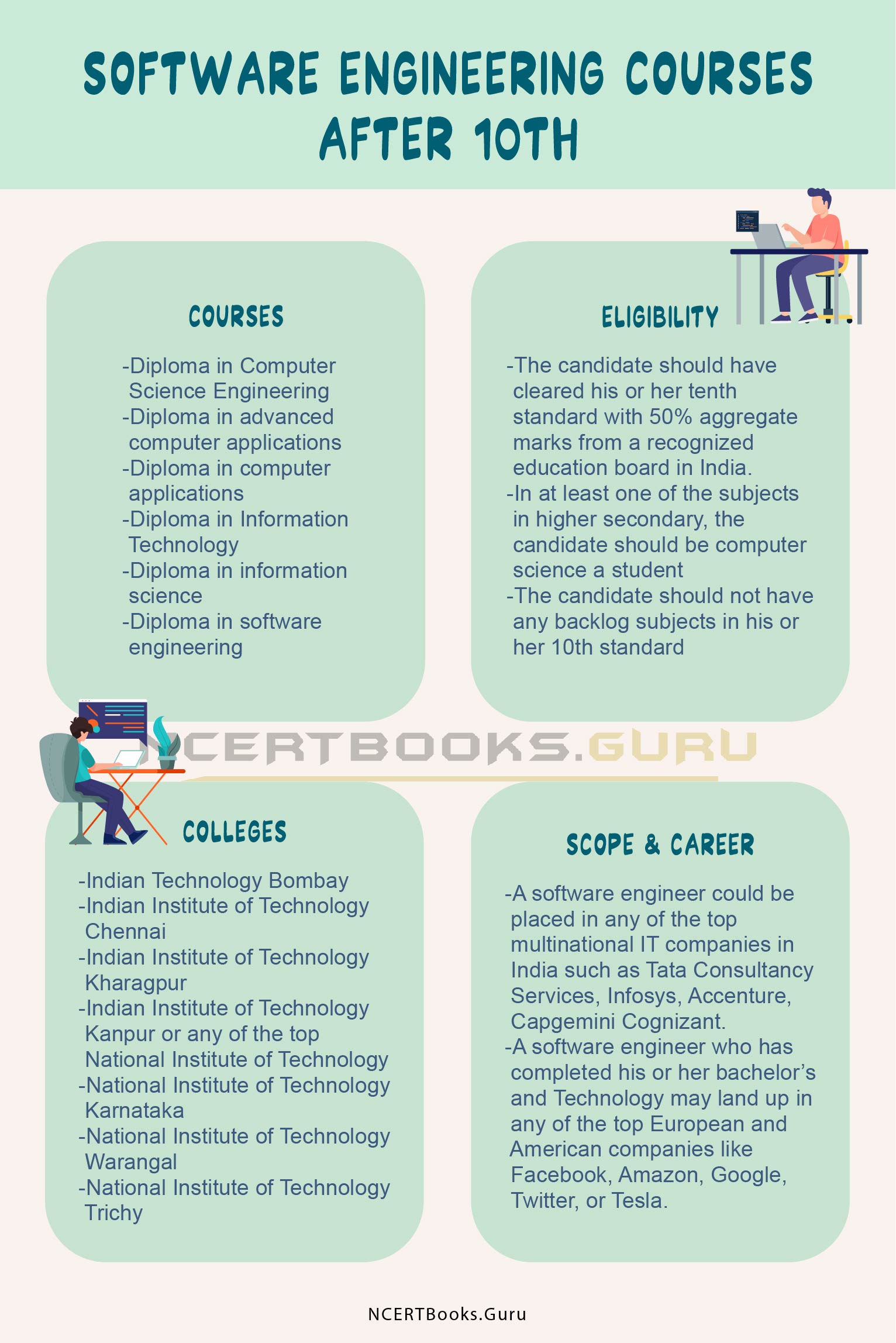
FAQs on Software Engineering Courses after 10th Standard?
1. Should I directly do a software engineering course after my 10th standard or do a BTech?
The software engineering courses after 10th standard and B.Tech have their own pros and cons and one should pursue his or her course depending on their ambitions, financial and social stability, and interest in the subject.
2. How much salary will I get after pursuing a software engineering course after the 10th?
If you pursue a 1 year or a 2-year software engineering course after the 10th standard, your salary may be anywhere between INR 20000 per month to INR 40000 per month in any of the big software engineering companies in India such as Infosys, Tech Mahindra, Tata Consultancy Services or Accenture
3. Which is the top college in India to pursue software engineering?
The top engineering college in India to pursue a course in software engineering is the Indian Institute of Technology Bombay.
4. How much will it cost me to pursue a software engineering course after the 10th standard?
To pursue a software engineering course after the 10th standard, it shouldn’t cost you more than INR 50000 if you are pursuing a distance education of one year program or not more than one lakh if you are pursuing the offline education program for the duration of the 2-year program. However, if you want to study +2 and then pursue a software engineering course such as a diploma course or B.Tech in any of the top engineering colleges in the country, then your expenses for the entire course can vary between INR 2 lakhs to INR 10 lakh depending on the brand of the college and University affiliation.
Conclusion
Its goes without saying that the field of software engineering is one of the most lucrative fields right now in the country and statistics suggest that job satisfaction and career stability is one among the highest for software engineers in comparison with other professional fields. We suggest the students weigh their pros and cons and make the right decision. We can say that you won’t be regretting if you do software engineering courses in any way as mentioned above, as long as you are passionate and genuinely interested in the field. Avail the Latest updates in NCERTBooks.Guru.

